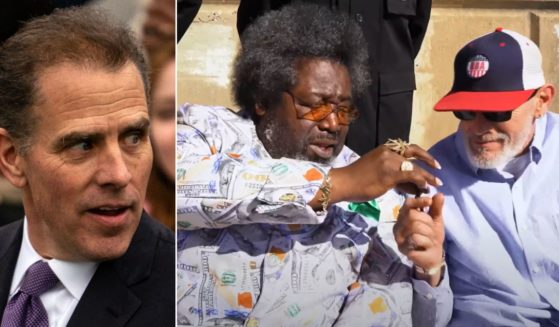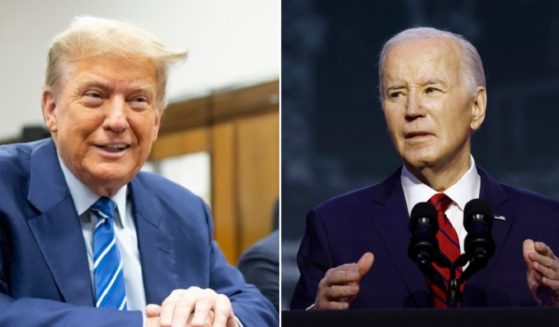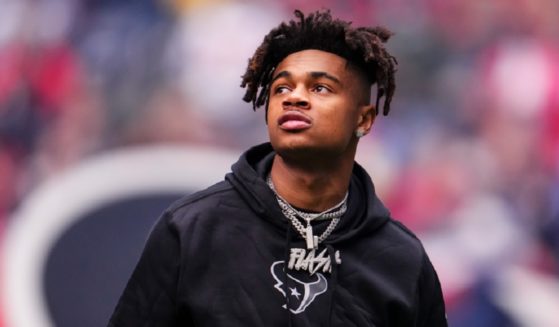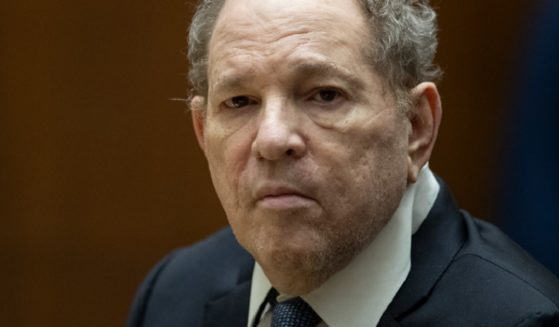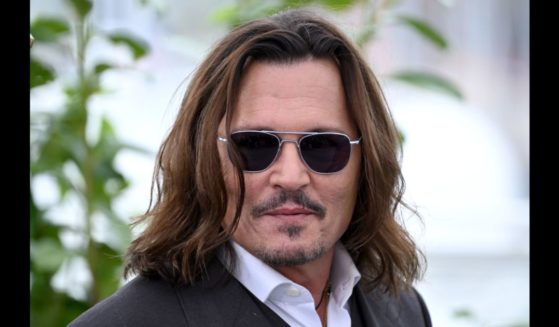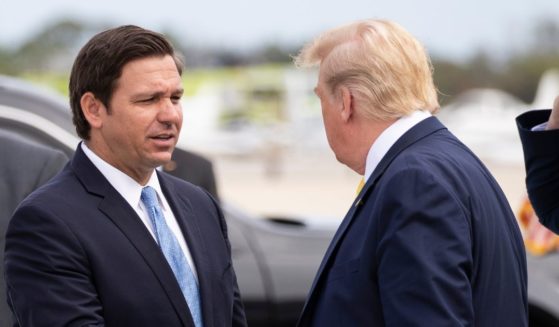Netflix's Live-Action 'The Last Airbender' Is Terrible: Did AI Program Actors and Write the Script?
Show, don’t tell — it’s a lesson every writer worth their salt learned early on in their career.
When given the choice between telling the audience what a character feels through dialogue — i.e. a character saying “I feel sad” — and showing them through action — i.e. depicting a character staring out a window with a sullen expression on his or her face — writers should always tend toward the latter.
The writers of Netflix’s current number-one TV show in the U.S. (according to the streamer), “Avatar: The Last Airbender,” seem to have never gotten that memo. In fact, at times, the writing of the show (as well as most of the acting) is so poor it almost seems as if an AI program produced it.
Don’t believe it? Take a look at some of the following examples.
In one of the first scenes from the first episode, the audience is told who the protagonist Aang is, rather than shown. Facing an identity crisis after being told he is the prophesied savior of the world, the character says the following:
“He said I need to remember who I am. But I know who I am. I like to play airball and eat banana cakes and goof off with my friends. That’s who I am, not someone who can stop the Fire Nation,” Aang said.
Instead of telling the audience these things, the show could have easily shown Aang goofing off and playing airball. The show’s dialogue is like this throughout the entire season.
We’re told why the villains are bad, and we’re constantly told all about the events and emotions that shaped them, rather than shown.
We’re told when characters love or hate each other, rather than shown.
And thanks to how unnatural it is to constantly exposit like that, the show’s leads almost all come off like they’re reading lines rather than actually saying them for real.
It’s rather heartbreaking to watch — in many cases, you can tell the actors are trying their best to do the impossible with the script they’ve been given.
This writer sat through all eight episodes of Netflix’s live-action adaption of the critically acclaimed early-2000s cartoon show, and can confidently say that it’s a through-and-through dud — and the poor quality is all thanks to that writing.
If the showrunners had only stuck closer to the source material (which this writer has also watched all the way through, multiple times) and its masterclass-level writing, the show would have been much better off for it.
Even when exposition is included naturally, the writing still comes off as clunky. Just compare the original show’s iconic intro to the new adaption’s.
Here’s the original:
“Water, earth, fire, air. Long ago, the four nations lived together in harmony. Then, everything changed when the Fire Nation attacked,” the old intro begins.
“Only the Avatar, master of all four elements, could stop them. But when the world needed him most, he vanished.
“A hundred years passed and my brother and I discovered the new Avatar, an airbender named Aang and although his airbending skills are great, he has a lot to learn before he’s ready to save anyone. But I believe Aang can save the world.”
That was short, to the point and well-written.
Now, let’s take a look at the new intro, with some emphasis added where the writing changes for the worse unnecessarily.
“Water, earth, fire, air. For millennia, the four nations have lived in harmony, a peace made possible by the Avatar, the one person with the ability to master all four elements and protect the delicate balance between nations,” the new intro begins.
“When one Avatar dies, their spirit is reborn into a new body in an eternal cycle. Since the death of the last Avatar, the new incarnation has yet to emerge. And so, Firelord Sozin, the ruthless leader of the Fire Nation, believes this is his moment to launch a merciless campaign to conquer the world.
“His first step is to eliminate the one person who could stand in his way, the next master of all four elements, an airbender who may not be ready for the responsibility of becoming the Avatar.”
The sentences are longer and unnecessarily wordy. Words seem flipped around and changed for no reason at all, other than to be different. Simply put, the writing is just worse.
It was as if someone took the old intro and entered it into ChatGPT along with the prompt, “Please rewrite.”
The show’s failings don’t stop there.
Though Netflix’s “Avatar: The Last Airbender” isn’t by any means “woke,” the few changes made to the original story (which were likely made for woke reasons) all make it slightly worse.
For example, the show’s decision to change the legend of the two lovers is an unnecessary distraction. In the original series, the legend involves a man and a woman’s love story.
In the remake, the legend is centered around a lesbian relationship.
Another change made involved the character Azula.
In the original series, Azula is a sociopathic villain and daughter of series antagonist Firelord Ozai. In the original interpretation, Azula is Ozai’s favorite child because of her hatred and lack of empathy. Those qualities also make her an imposing villain.
In this new remake, Azula is a victim of her father’s emotional abuse and is driven by a need to please him.
Perhaps most egregious is the subtle change made to Katara’s story in the show’s final episode.
In the original series, the young waterbender wishes to fight with the men but is told she must instead serve as a healer like the other women.
Over the course of the story, the old waterbenders in charge decide that an exception should be made for Katara, given her fighting skills.
Agree with it or not, the lesson pushed by the original is one of equality and individualism — that each individual should be judged by their own merit, rather than being judged as a member of a group.
In this new adaption, that message of equality is swapped for equity.
This time, the story is not merely about Katara earning the right to be judged on her own merits.
Instead, this time, every single woman healer demands to fight alongside the men.
The remake posits that all the women should have been fighting all along, pushing the notion that all women should be equally represented (equity) in places such as the military — an obviously preposterous idea given the natural differences between men and women.
Honestly, throughout the show, audiences are brief glimpses of the greatness that could have come from a live-action adaption to such an amazing series.
Unfortunately, overall, Netflix failed to deliver what could have been in almost every conceivable way.
Truth and Accuracy
We are committed to truth and accuracy in all of our journalism. Read our editorial standards.

